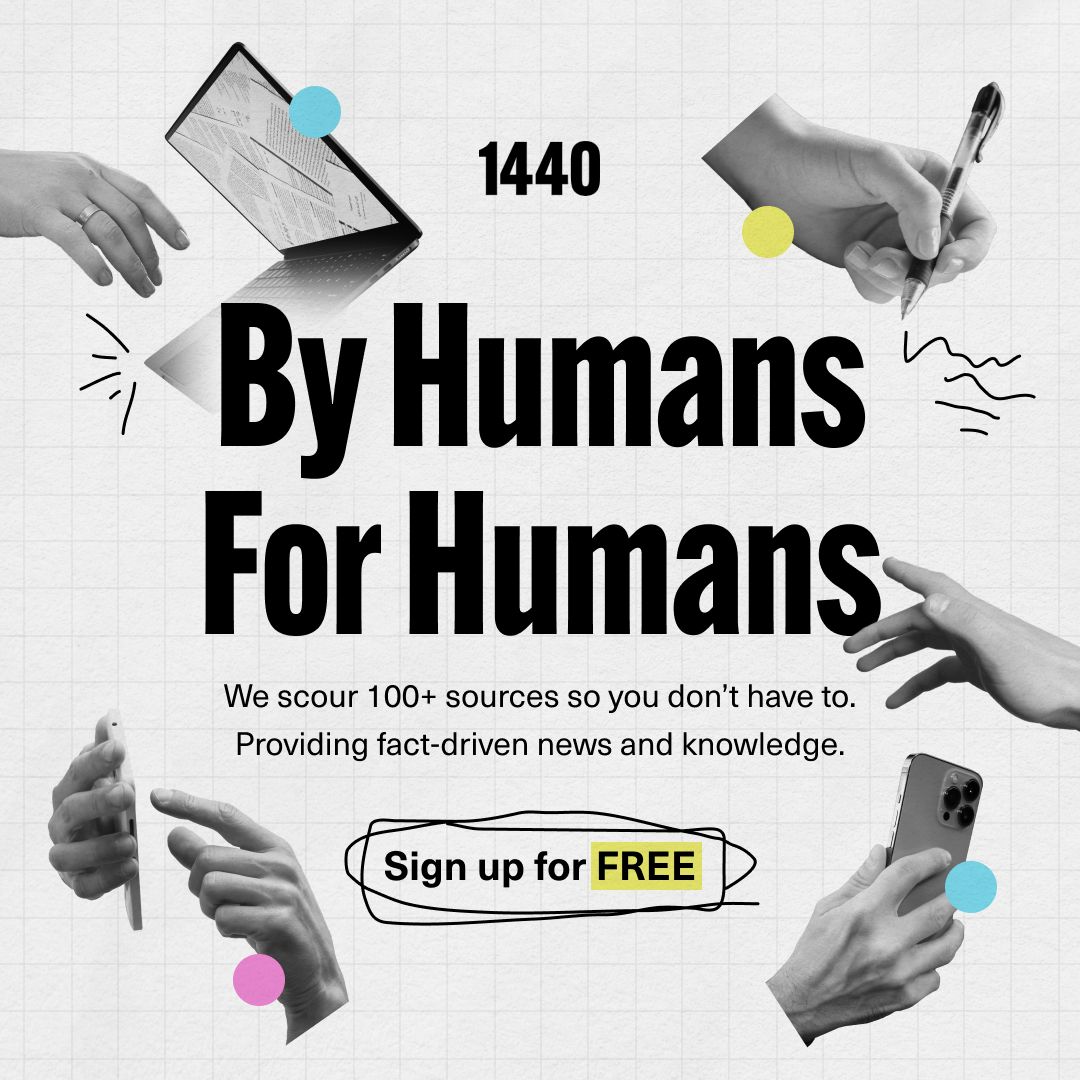
Why Most Reading Is Wasted (and How to Fix It)
Welcome to Effective Habits, a weekly newsletter where I share evidence-based strategies and tools to help you live a happy, healthy, and productive life.
Today at a Glance:
Hanlon’s Razor: Not Everyone is Out to Get You
Is Being Fit and Overweight Healthier Than Being Unfit?
7 Ways to Retain More of Every Book You Read
“The man who does not read has no advantage over the man who cannot read.”

Hanlon’s Razor: Not Everyone is Out to Get You
Shane Parrish
🔦Lights, Camera, ...
Hanlon’s Razor is the reminder we all need in a world quick to assume hidden agendas: most mistakes are born from neglect, bias, or incompetence—not malice. That coworker who missed your email, the barista who got your order wrong, or even the politician fumbling through policy likely weren’t plotting against you. Yet conspiracy theories thrive on flipping every error into proof of intent, mistaking ordinary human fallibility for sinister design. The power of Hanlon’s Razor is perspective—it pulls us back from paranoia, reduces drama, and helps us respond with empathy rather than outrage. Of course, real malice exists, but unless evidence is overwhelming, assume human error over conspiracy.
🎬Action!
Before assuming someone (or some group) is acting against you, pause and ask: “Could this be explained by a mistake, oversight, or bias instead?”, and default to giving the benefit of the doubt unless there’s clear evidence of ill intent. By applying Hanlon’s Razor in daily frustrations—whether with coworkers, companies, or politicians—you’ll avoid unnecessary paranoia, resist conspiracy thinking, and respond with empathy instead of anger.

🔦Lights, Camera, ...
Being fit matters more than being thin. A massive meta-analysis of nearly 400,000 people found that unfit individuals—no matter their weight—had dramatically higher risks of all-cause mortality, while overweight but fit people faced no greater mortality risk than their leaner, fit peers. In fact, normal-weight but unfit participants had almost double the risk compared to fit individuals with extra weight. The takeaway: BMI alone is a poor measure of health, but improving your cardiorespiratory fitness—through consistent exercise—can neutralize much of the risk of an excessive diet. Fitness, it seems, is the real king of longevity.
🎬Action!
Prioritize building and maintaining cardiorespiratory fitness through regular exercise (e.g., running, cycling, or any activity that elevates your heart rate), since even moving from “low fit” to “moderately fit” can cut mortality risk dramatically—regardless of your weight.

7 Ways to Retain More of Every Book You Read
James Clear
🔦Lights, Camera, ...
A great book doesn’t just give you new ideas—it actually reshapes how you understand your past. Each fresh concept updates your brain’s “software,” letting you reinterpret old experiences in new ways. But this only happens if you truly retain what you read. That’s why the key isn’t racing through more books, but learning how to absorb and remember their insights so knowledge compounds over time. Reading for entertainment has its place, but if you’re reading to grow, the goal is simple: get more out of every page.
🎬Action!
Start More Books, Quit Fast. Skim a book quickly—contents, headings, a few pages—and decide if it’s worth your time. Drop the mediocre ones without guilt and take your time with the truly great ones.
Pick Books You Can Apply Immediately. Choose books that connect directly to your work, goals, or life. Applying insights right away makes them stick and gives you extra motivation to remember them.
Take Searchable Notes. Capture key ideas in a system you can easily search later—whether that’s digital notes, highlights, or index cards. The value of an idea lies in being able to find it when you need it.
Link New Ideas to Old Ones. Treat each book as a knowledge tree: connect new concepts to ones you’ve learned before. Writing down these links makes ideas stick and helps you see the bigger picture across different authors and fields.
Summarize In Your Own Words. After finishing a book, distill it into three sentences—or explain it as if teaching a beginner. This forces you to clarify what matters most and exposes gaps in your understanding.
Read Around the Topic. Don’t let one book define your beliefs. Read multiple perspectives on the same subject so you can test, challenge, and deepen your understanding beyond your own limited experience.
Reread the Great Books. Return to books that shaped you. Each reading reveals new insights because you’ve changed, and repetition helps cement the lessons for lasting impact.
TOOL TIP
Book Darts: Ultra-thin metal markers that let you save your exact spot—or even multiple spots—throughout a book without damaging or permanently altering its pages. They stay put, add almost no bulk, and make it easy to mark passages, study references, or track your place line by line.
FUN FACT
Your signature could reveal personality traits. A study in 2016 purports that among men, a larger signature correlates with higher social bravado and, among women, a bigger signature correlates with narcissistic traits.
If you’ve found value in what I share, buying me a coffee is a great way to say “thanks” and help me keep doing what I love. Every bit of support helps me spend more time creating useful, thoughtful content for you. Thanks for being here—it means a lot! 🙏
Fact-based news without bias awaits. Make 1440 your choice today.
Overwhelmed by biased news? Cut through the clutter and get straight facts with your daily 1440 digest. From politics to sports, join millions who start their day informed.
If you enjoyed today's newsletter, please share it with your friends and family!
If this email was forwarded to you, consider subscribing to receive them in future!
What'd you think of today's edition?
Disclaimer: The information provided in this newsletter is for informational purposes only and is not intended as medical advice. Please consult a medical professional for advice, diagnosis, or treatment. We are not liable for any risks or issues that may arise from using this information.

